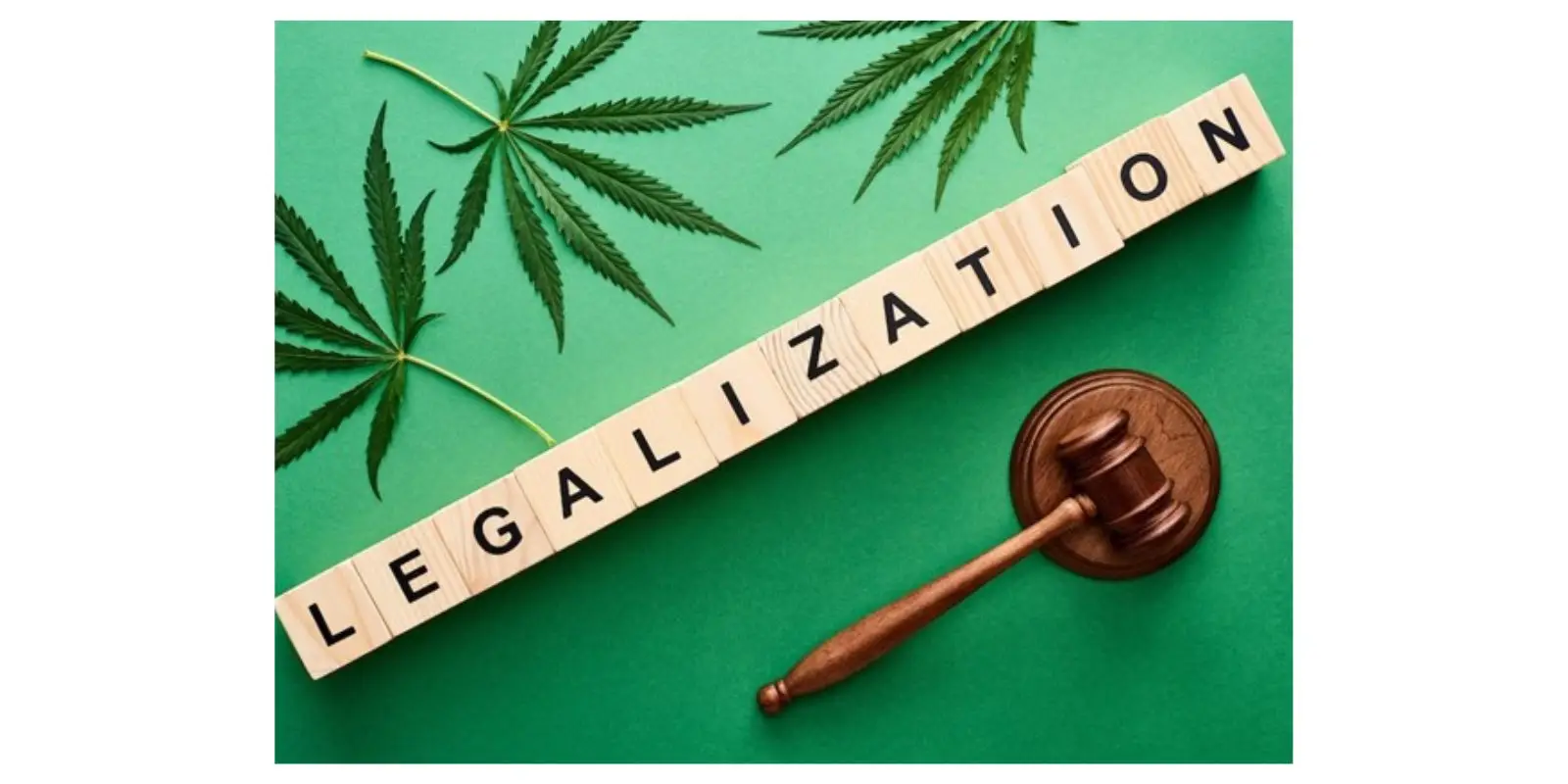The landscape of cannabis legalization and regulation has experienced unprecedented growth and transformation in recent years. As attitudes toward cannabis evolve, governments worldwide are reassessing their policies, leading to significant shifts in legislation and regulation. In this article, we’ll explore the latest updates in cannabis legalization, regulatory frameworks, and the implications for consumers, businesses, and society at large.
A Global Shift Towards Legalization:
The movement to legalize cannabis for medical and recreational use has gained momentum globally, reflecting changing perceptions and mounting evidence of its therapeutic potential. Countries like Canada, Uruguay, and several U.S. states have paved the way for comprehensive legalization, demonstrating the feasibility and benefits of regulated cannabis markets.
In Europe, countries such as the Netherlands, Spain, and Portugal have adopted progressive policies, decriminalizing possession and cultivation for personal use while exploring avenues for medical cannabis access. Meanwhile, others like Germany and Italy have established medical cannabis programs, providing patients with legal access to cannabis-based medications.
Asia, traditionally conservative on drug policy, has also shown signs of openness to cannabis reform. Thailand became the first Southeast Asian country to legalize medical cannabis in 2018, followed by South Korea and Japan, which have enacted similar measures to facilitate patient access to cannabis-derived treatments.
In Africa, Lesotho emerged as a trailblazer in cannabis cultivation, leveraging its favorable climate and regulatory framework to become a leading exporter of medical cannabis. Other countries on the continent are exploring cannabis legalization as a means of economic development and addressing social justice concerns.
The Patchwork of U.S. Cannabis Laws:
In the United States, cannabis legalization remains a complex and evolving issue, characterized by a patchwork of state laws and federal prohibition. Despite cannabis being classified as a Schedule I controlled substance at the federal level, over 30 states have enacted medical cannabis programs, with several others legalizing recreational use.
The legalization wave gained momentum with landmark victories in states like California, Colorado, and Washington, setting the stage for broader acceptance and industry growth. Today, states like Illinois, Michigan, and New Jersey have joined the ranks of those legalizing recreational cannabis, signaling a shift in public opinion and political will.
However, the federal-state divide creates significant challenges for cannabis businesses, hindering access to banking services, interstate commerce, and federal research funding. Efforts to reconcile state and federal cannabis laws, such as the STATES Act and MORE Act, have garnered bipartisan support but face obstacles in Congress.
Regulatory Challenges and Opportunities:
While legalization represents a significant milestone, the implementation of effective regulatory frameworks is crucial for ensuring public safety, consumer protection, and social equity. Regulators face the daunting task of balancing competing interests, including public health concerns, industry sustainability, and social justice imperatives.
Key regulatory considerations include licensing and permitting processes, product testing and labeling requirements, taxation and revenue allocation, and enforcement mechanisms. Transparent and accountable governance structures are essential for fostering trust and legitimacy within the cannabis industry and among stakeholders.
Social equity provisions are increasingly recognized as integral components of cannabis legalization efforts, aiming to address the disproportionate impact of prohibition on marginalized communities. Equity-focused policies may include prioritizing license applicants from historically disadvantaged backgrounds, reinvesting cannabis tax revenue into impacted communities, and expunging past cannabis-related convictions.
Moreover, regulatory agencies must adapt to emerging trends and challenges in the cannabis landscape, such as the proliferation of novel products like edibles, concentrates, and infused beverages. Comprehensive regulations should address product potency, dosage consistency, child-resistant packaging, and responsible marketing practices to safeguard public health and prevent unintended consequences.
International Collaboration and Harmonization:
As cannabis markets transcend national borders, international collaboration and harmonization of regulations are essential for ensuring product quality, safety, and efficacy. Multilateral initiatives like the International Cannabis Consortium facilitate knowledge exchange, research collaboration, and policy harmonization among participating countries.
Standardization efforts, such as the establishment of Good Manufacturing Practices (GMP) for cannabis products, contribute to quality assurance and consumer confidence in the global market. Harmonized regulatory frameworks streamline trade and promote economic integration while upholding public health and safety standards.
Key Takeaways:
The trajectory of cannabis legalization and regulation reflects a dynamic interplay of social, political, and economic factors shaping the future of drug policy worldwide. While progress has been made in expanding access to cannabis for medical and recreational purposes, significant challenges remain in navigating the complexities of regulatory oversight and enforcement.
Moving forward, policymakers must prioritize evidence-based approaches that balance public health objectives with industry innovation and social equity considerations. By fostering collaboration, transparency, and stakeholder engagement, we can harness the potential of cannabis legalization to promote public welfare, economic development, and social justice on a global scale.




